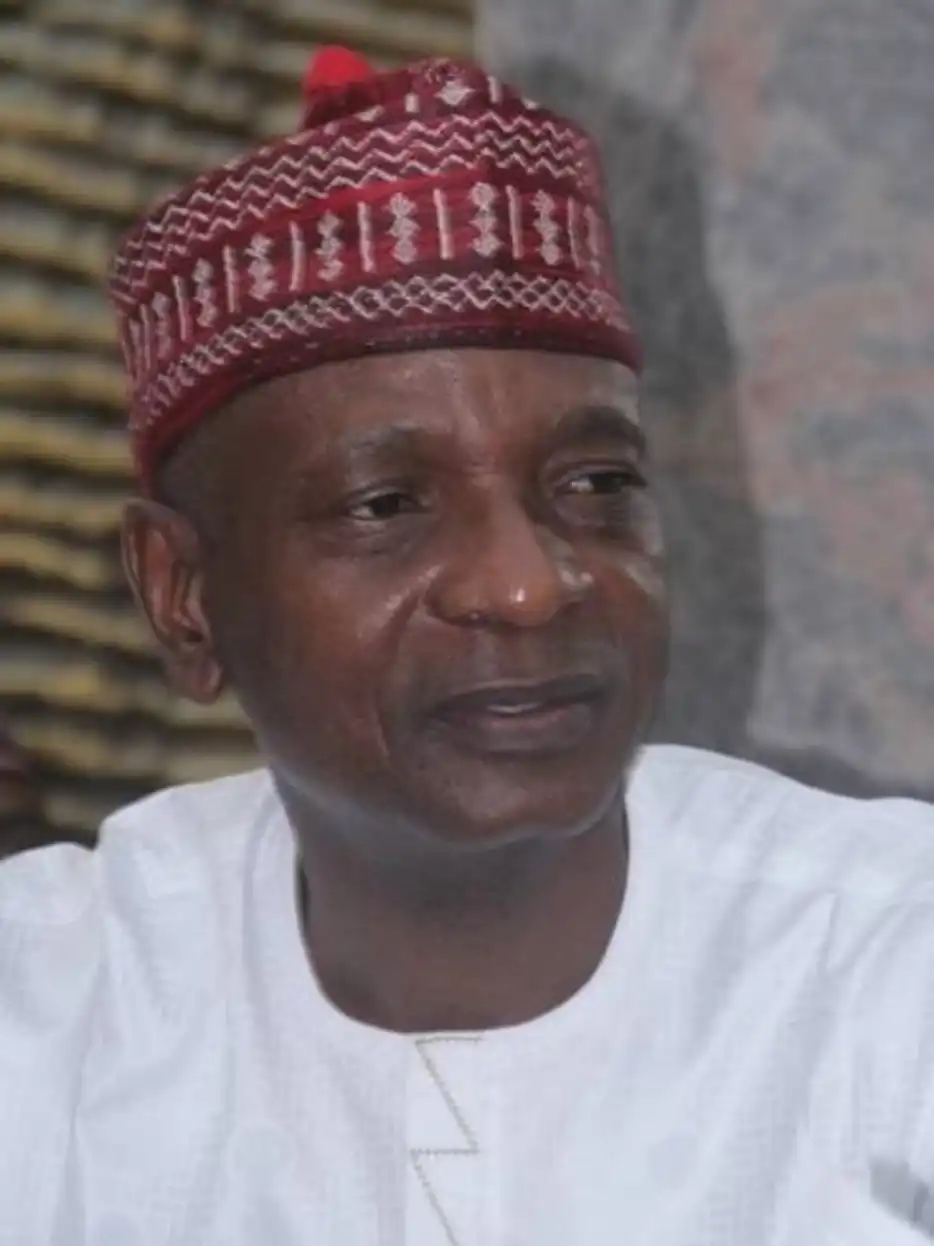Kano State has taken another step to strengthen its agricultural sector with the acquisition of eight new combine harvesters. The machines are expected to boost agricultural mechanisation and ensure food security across the state.
The announcement was made by the Commissioner for Agriculture and Natural Resources, Alhaji Dannuma Mahmud, during the North West Zonal Consultative Forum for the Review of the National Gender Policy in Agriculture. The event, organised by ActionAid Nigeria, was held at the Thair Guest Palace in Kano.
Alhaji Mahmud said Governor Abba Kabir Yusuf remained committed to improving farming activities in the state, describing Kano as “an agrarian society with farming communities in all of its 44 local government areas.” He added that the purchase of the combine harvesters was in line with the governor’s vision to modernize agriculture and strengthen food production.
The Permanent Secretary of the ministry, Dr. Bashir Sunusi, explained that the administration has been working tirelessly to support the agricultural sector since taking office. He stressed that mechanisation would help farmers improve yields and reduce post-harvest losses.
The forum brought together men, women, and people with disabilities to discuss strategies for a more inclusive food system. Barrister Nkiruka Stella Okonkwo, the National Consultant for the policy review, said the gathering was important in achieving national food security. She noted that it aligned with the United Nations’ sustainable development goal of “leaving no one behind.”
Mrs. Blessing Akhile, the Food and Agriculture Programme Advisor for ActionAid Nigeria, said the consultative forum created space for smallholder women farmers, young people, and persons with disabilities to share their experiences. According to her, “Since its launch in 2019, the National Gender Policy in Agriculture has made significant progress in addressing gender gaps and improving productivity, which has contributed to food security and poverty reduction for millions.”
Dr. E. Ibrahim, a representative of AGRA Nigeria, also highlighted the role of gender inclusion in strengthening agriculture. She said, “Agriculture is the backbone of Nigeria’s economy, but its full potential cannot be realized without addressing the persistent gender gaps in access to resources and opportunities.”
She explained that AGRA’s interventions have so far reached 1.2 million farmers, of which 37 percent are women and 47 percent are youths, reflecting efforts to make the sector more inclusive.

